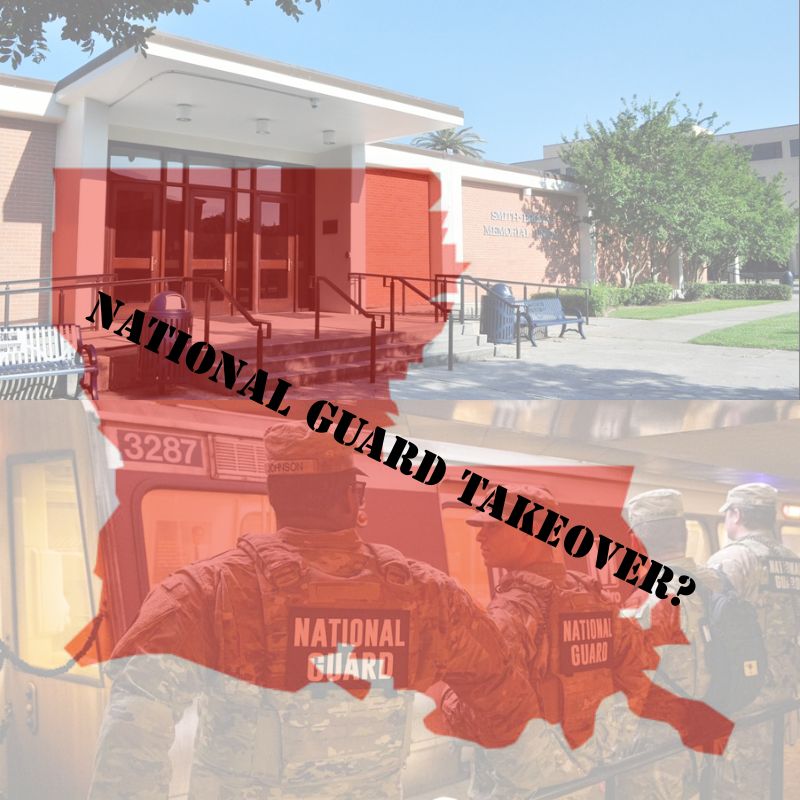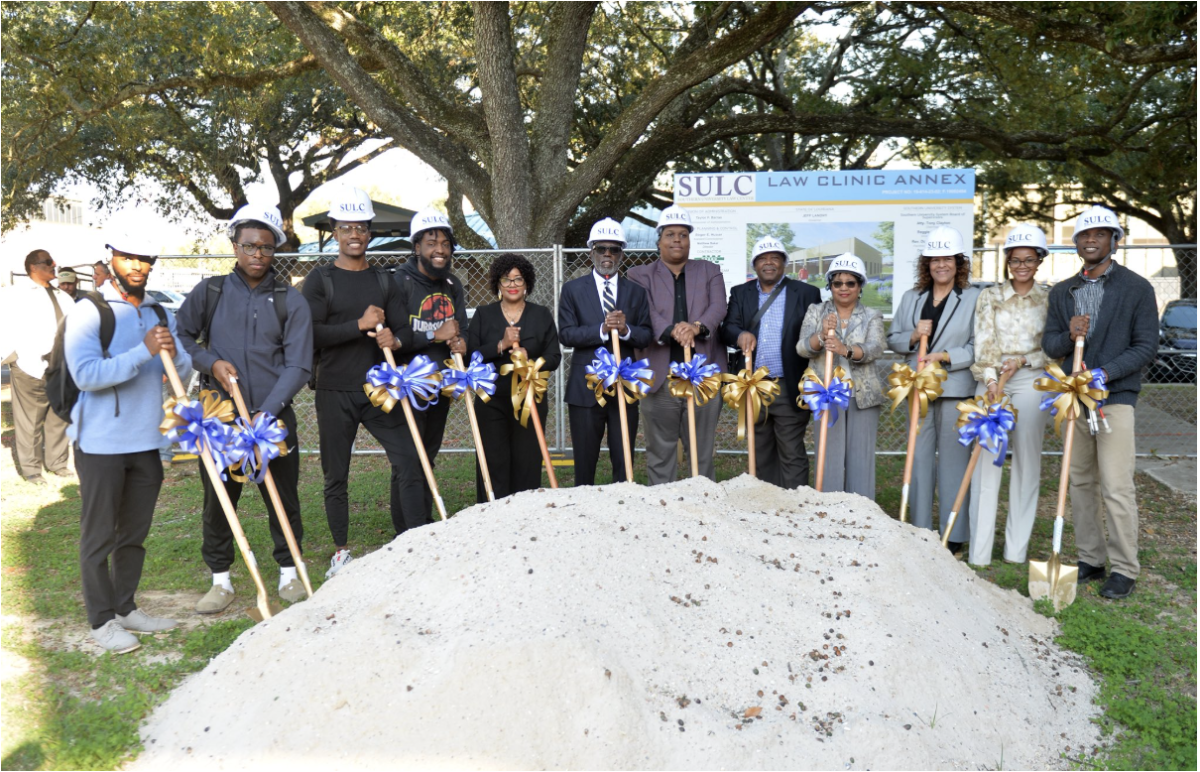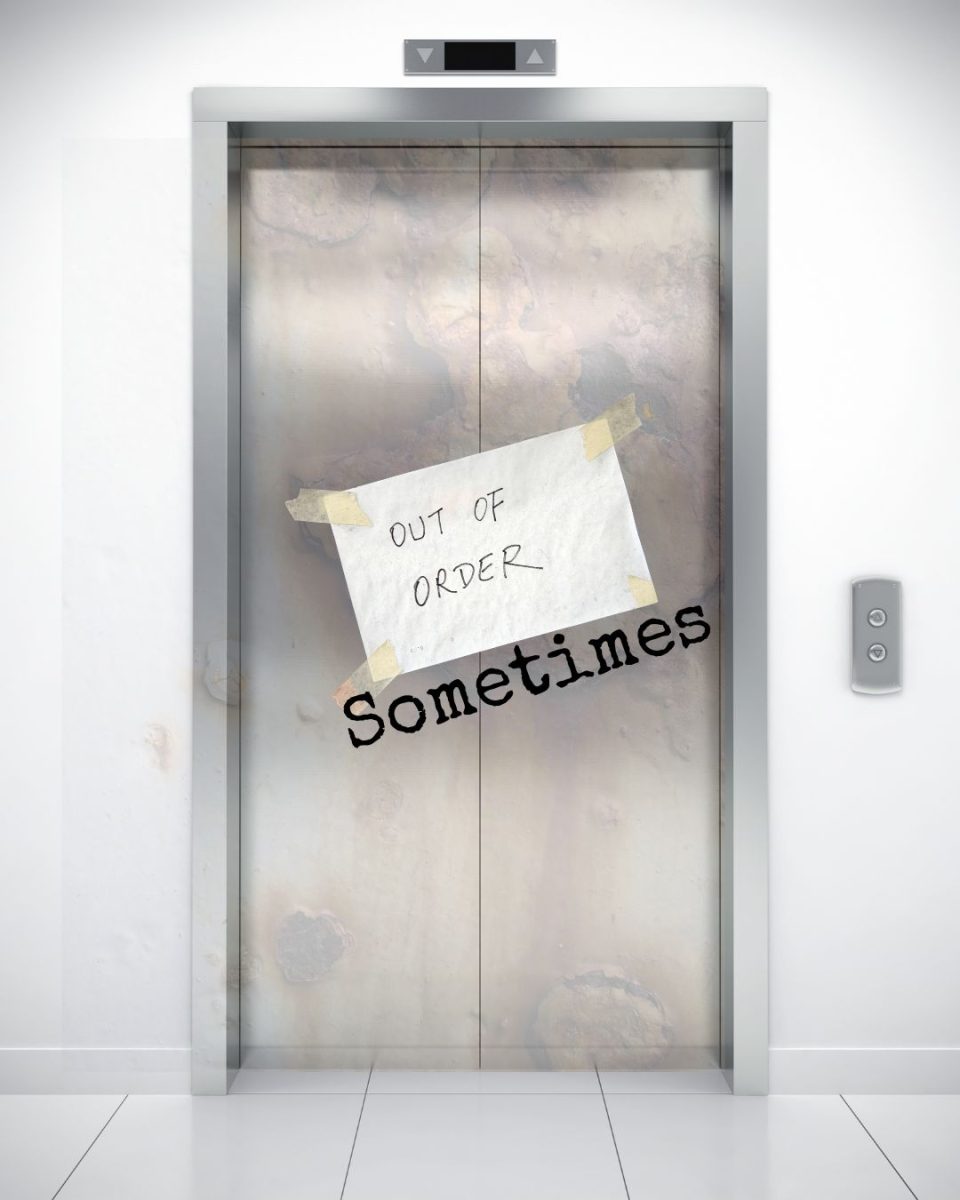Governor Jeff Landry’s recent request to deploy the Louisiana National Guard to Baton Rouge has reignited old fears and reopened historical wounds — especially for the Southern University community. For many across the capital city, this call doesn’t just represent a new policy decision; it echoes the deep and painful history of state power being used in times of racial tension and protest.
The last time the National Guard had a visible presence in Baton Rouge, the city was divided by unrest and resistance. During the Civil Rights era, the Guard was called in amid demonstrations led by young, determined voices — many of them Southern University students. Those students were not causing chaos; they were demanding change. Out of those moments of courage and confrontation came a legacy of unity and leadership that shaped the campus we know today.
It was in that very spirit that the Smith-Brown Memorial Union was built — not just as a student center, but as a symbol of what unity could achieve. The Union stands as a tribute to generations of students who turned pain into progress, organizing, building, and believing in the power of education and community over fear and control.
Today, Councilman Kenny — a proud Southern University alumnus — is once again raising his voice. He’s speaking out against the governor’s plan, warning that the deployment of the National Guard could undo years of trust and bridge-building within Baton Rouge’s Black communities.
“When you bring the National Guard into neighborhoods that have worked so hard to heal, it sends the wrong message,” Kenny said. “We don’t need armed patrols. We need opportunity, mentorship, and investment — especially around places like Southern University that represent hope and progress.”
For Southern students, the governor’s proposal feels personal. The campus has long been a heartbeat of social awareness and empowerment in Louisiana. To them, seeing troops stationed near the Bluff would be more than uncomfortable — it would be a reminder of a time when their voices were met with force, not faith.
“The Smith-Brown Memorial Union was built on unity, not uniformity,” said one student leader. “Our history shows that strength comes from solidarity — not soldiers.”
As the debate continues, Baton Rouge finds itself at a crossroads between protection and perception, between restoring peace and respecting history. What happens next will determine whether Louisiana moves forward with understanding — or circles back to a past that too many still remember.
And through it all, Southern University remains what it has always been: a place where the struggle for justice, unity, and purpose continues — not through fear, but through faith in the power of the people.





